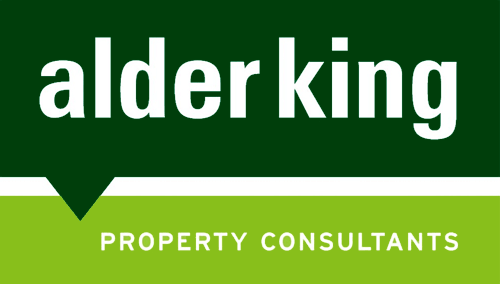2nd March 2017
The 2017 Rating Revaluation – the most contentious on record
The 1st April 2017 will herald the introduction of the 2017 Rating Revaluation which has so far proven to be the most contentious on record.
The particular points of contention have been the sizable increases in liability that some owners and occupiers will face together with the Government’s proposed changes to introduce the check, challenge, appeal process.
Any revaluation will invariably produce a mixture of results for owners and occupiers of properties and on the whole the brunt of the revaluation has been borne by London and the South East. In the South West and Wales, the majority of owners and occupiers will see reductions to their rate demands owing to a combination of reduced rateable values and the multiplier falling to .479 against a current level of .497.
The Government has attempted to further politicise the revaluation by increasing the small business rates relief system to include rateable values of up to £12,000. This has the intention of removing around 600,000 from any rates liability. However, the part impact of this is that where revaluation has to be revenue neutral, the bill has to be picked up by other parties. This must mean an ultimately higher multiplier for those liable to pay rates.
The proposed rateable value for properties are the Government’s attempts to establish what each of the properties would have been likely to have let for on 1st April 2015. If you consider that the proposed rateable value is excessive in relation to that level of value, then proceeding down the check, challenge appeal route could well be warranted and result in eventual liability savings.
Owners and occupiers should not however expect to receive from the Valuation Office Agency a swift and/or substantiated response. In effect we project that for many owners and occupiers undertaking the check approach it could well be, and the regulations allow for, up to two years before a negotiated settlement could be reached. Given the Valuation Office Agency have over 100,000 of the 2010 list appeals still remaining to be settled, we consider that the far end of this timescale is the most likely to achieve potential reductions for contentious appeals.
Furthermore, the current proposals (which have yet to be fully enacted) also appear to be an affront to natural justice. There is a possibility within the draft regulations that even where rateable values can be demonstrated to be excessive, if the VOA argues that the original assessment is within a professional tolerance of what is acceptable, then there may be no reduction in rateable value and hence liability. This approach clearly flies in the face of normal taxation practices and would need to be tested.
Therefore whilst the 2017 rating revaluation has not been particularly onerous to the majority of occupiers in the South West and Wales, there will no doubt still be pockets where rateable values have increased. These could either be due to changes in the property markets in the relevant locations and/or the fact that the Valuation Office Agency may simply have had the assessments at too low a level during the 2010 list which exacerbates the issue for owners and occupiers going forward in the early stages of the 2017 list.
A brief piece of welcome news emerged from the Supreme Court on 1st March 2017. The Supreme Court has provided welcome clarity in respect of the treatment of properties for rating purposes that are undergoing redevelopment and/or refurbishment. The Valuation Office Agency had previously sought to rely on a Court of Appeal decision which erroneously suggested in our opinion at that stage, that properties could be assumed to be in a reasonable state of repair even where items had been totally removed and other actions had taken place in respect of accommodation.
The Supreme Court has decided to apply a common sense approach, in essence falling back on the system as it was previously understood, that if a building is incapable of beneficial occupation as a result of refurbishment/redevelopment works, then it should carry a zero or nominal rateable value and be considered to be a building under construction.
We can therefore provide additional help and assistance in respect of any issues if you have buildings which are brought up in these circumstances.
If you have any concerns regarding the rateable value ascribed to your accommodation, please contact Simon Price or Alan Morrish in our Bristol office.

